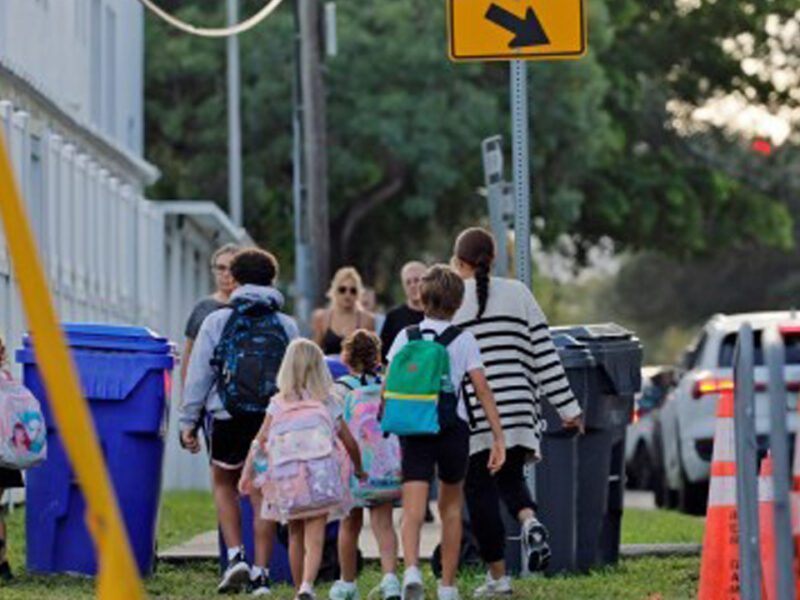Florida voters give failing grade to plan to tie Bright Futures to job prospects
Florida Politics | by Jacob Ogles | March 25, 2021
St. Pete Polls found 62% of voters disapprove of the initiative.
Talks about linking Bright Futures scholarships to the job prospects of a student’s chosen degree is a flunker with voters.
A new St. Pete Polls survey found nearly 35% of voters consider the plan a “very bad idea” and another 27% call the concept “somewhat bad.” Just over 22% labeled the idea as “somewhat good” and fewer than 16% view it as “very good.”
The poll, taken March 22-24, lists a margin of error of 2.2% but that’s not a curve that will improve the plan’s marks among voters.
But then, it’s likely lawmakers know this. Sen. Dennis Baxley, an Ocala Republican, championed the legislation (SB 86) and he largely scrapped portions tying funding to available job opportunities.
That came after lawmakers reported a flood of phone calls from parents alarmed at the potential that the level of state support for their child’s college tuition could depend on the degree they pursue.
Baxley said he’s done with that concept this year, though Democrats at a committee stop for his bill expressed concern that the provisions could come back before a final vote.
The plan still has controversial elements.
Rather than slash scholarship amounts for degrees with subjectively poor job prospects, it would put a hold on freshmen registrations during the year. To get that hold lifted, students would have to get career readiness training and affirm they learned about the financials and prospects of their career track.
Gov. Ron DeSantis also included full funding for Bright Futures in his budget proposal and signaled support for leaving the program as-is.
Baxley’s plan would also strip the requirement for top-tier Bright Futures scholarships to cover 100% of tuition and fees and would instead cover an “amount specified in the General Appropriations Act.”
The St. Pete Polls survey found Republican voters somewhat more willing to embrace the prospect of tying scholarships to job prospects. More than 29% considered that a somewhat good idea, and another 20% found it to be a very good idea. But more than half still called it somewhat or very bad.
The rest of the state held more clear contempt for the notion. About 47% of Democrats labeled the proposal as very bad, as did 36% of independents. Another 29% of independents and 26% of Democrats deemed the idea just somewhat bad. And only 16% of independents and 11% of Democrats considered the proposal very good.
Photo: Licensed AdobeStock picture.






